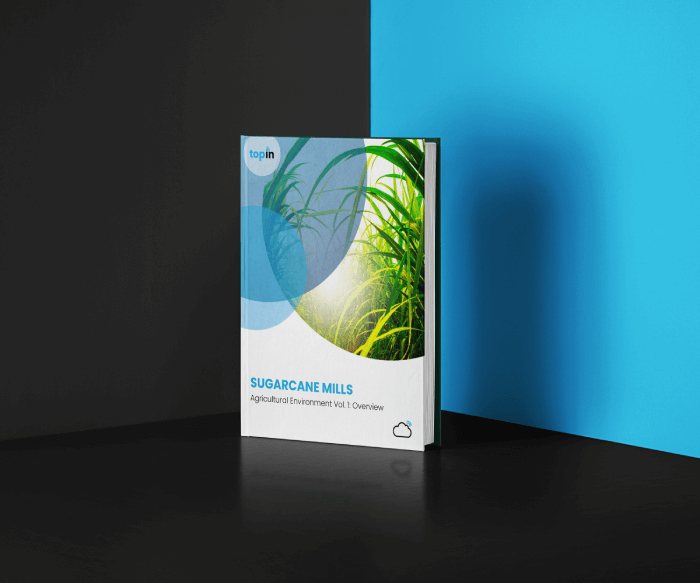Brazil is currently the largest producer of sugarcane on the planet. According to the Brazilian Agricultural Research Corporation (Embrapa), the country has an annual production of 480 million tonnes of sugarcane in 7 million hectares of plantations. This makes it the leader in technology for producing ethanol and sugar and reusing sugarcane waste.
Therefore, it is possible to say that the sugarcane mills in the country are essential for transforming the plant into products for domestic consumption and exporting. This requires more and more technologies and upgrades to boost productivity and increase the capacity to extract these by-products. Additionally, a high administrative and logistics capacity is required; after all, in the sugar/ethanol sector, each process depends on the previous stage to continue production.

